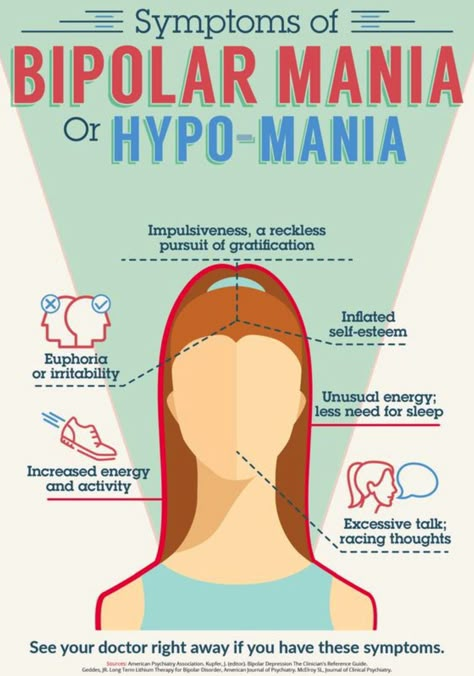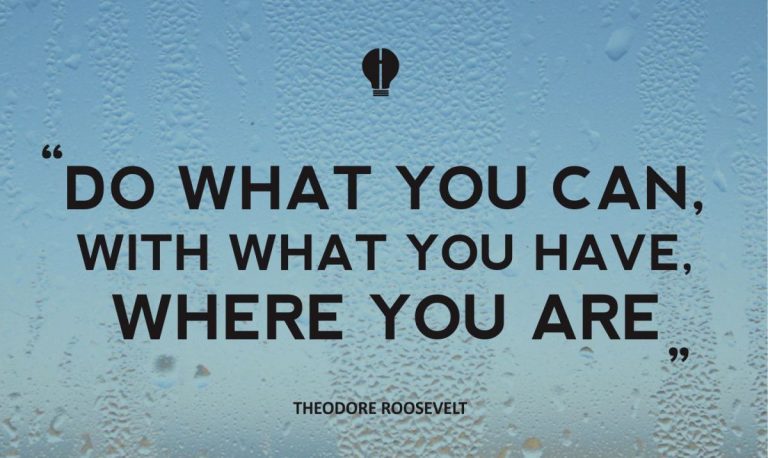Bettering your life
15 Tips to Become Your Best Version
Jump to section
What does it mean to improve yourself? Growth
Why is it so important to learn how to better yourself?
15 ways to better yourself
Learn how to better yourself and improve your quality of life
Do you feel stuck in a rut?
It can feel frustrating to be stuck in the same place and feel like nothing is changing. When you’re languishing, it feels like you’re not moving forward toward your goals. One of the ways to break this rut is to take action. Making a conscious decision to better yourself can be empowering and motivating.
But self-improvement sometimes gets a bad rap, and for good reason. Our desire to improve ourselves has spawned an industry full of bad hacks that can leave you feeling more frustrated than before. Or, that feel good but don't move you forward.
Working to improve yourself can positively impact your own well-being and your relationships with family, friends, and colleagues. Let’s explore 15 things you can try that will move you forward — get involved in your own well-being and learn how to work on yourself.
What does it mean to improve yourself? Growth
For some people, the idea of improving yourself is motivating. For others, it can be more helpful to think about it as growth. Growth is positive and not always a straight line.
Improving yourself is a very personal journey, and the specifics can change from person to person. It requires putting in the work and being willing to experience discomfort.
Change is uncomfortable. Growth requires stretching past what you know. But every step you take is part of the process toward becoming the best version of yourself.
Behavior change can be a long process, but it doesn’t have to be grueling. In his talk, Atomic Habits, James Clear talks about the power of improving just 1% every day. Improving yourself can be a series of small habit changes, like taking five minutes in your day to be more mindful.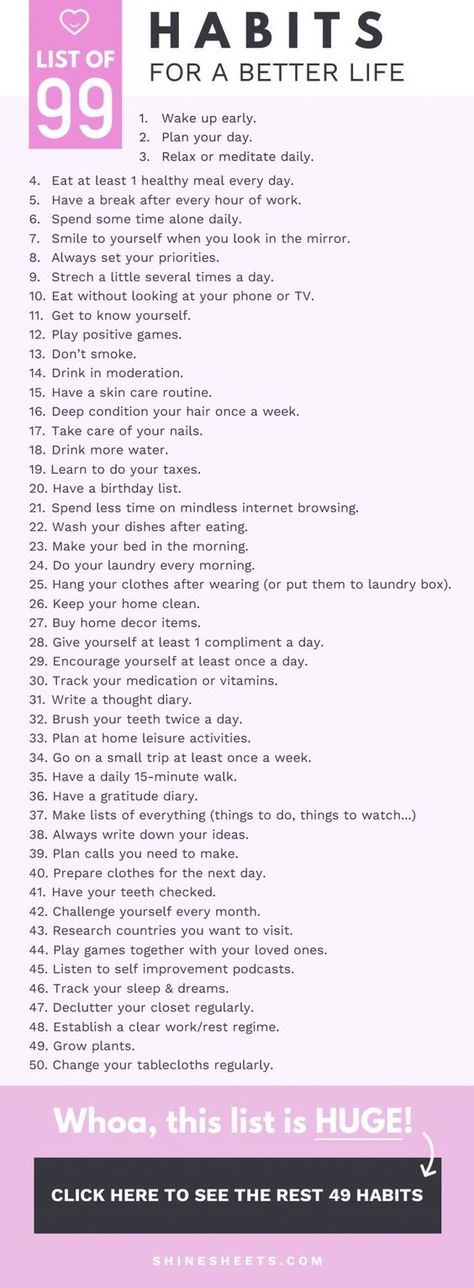 Or it can be a more involved process, like overcoming fears.
Or it can be a more involved process, like overcoming fears.
However, bettering yourself doesn’t mean changing the core of who you are. For example, if you’re an introvert, you shouldn’t aim to become an extrovert.
On the other hand, if you have social anxiety, you can practice learning techniques to get past your discomfort. Eventually you may fully conquer your social anxiety so that you can navigate social settings with more ease.
Why is it so important to learn how to better yourself?
There are several reasons to keep working on yourself.
Every time you improve in one aspect of your life, you can feel more fulfilled as you start achieving your goals. And bettering yourself can help you in every aspect of life.
For instance, bettering yourself at work can help you improve your work performance, find more meaning in your work, and even get promoted.
Bettering yourself can also help you improve your personal relationships, improve your ability to set boundaries, and form closer bonds with the ones you love. Acting to improve yourself is a form of self-care, and if you look after yourself better, you’re more likely to have more to give to others.
Acting to improve yourself is a form of self-care, and if you look after yourself better, you’re more likely to have more to give to others.
Plus, you can develop improvement goals alongside your loved ones. Having their support improves your chances of success, and working together to achieve similar goals can help you bring you closer.
Finally, learning how to improve yourself is a valuable capability to have in a world where you must constantly adapt. Knowing that you have the capacity for change can make you more confident about the future and less afraid of discomfort.
You've been there before. You already have a history of successfully growing and improving yourself — you can do it again.
15 ways to better yourself
Want to learn how to improve yourself and feel better? Here are 15 tips you can implement in your life right away to become your best self.
1. Make time for rest
Before you learn how to be better, it’s important to start with the basics.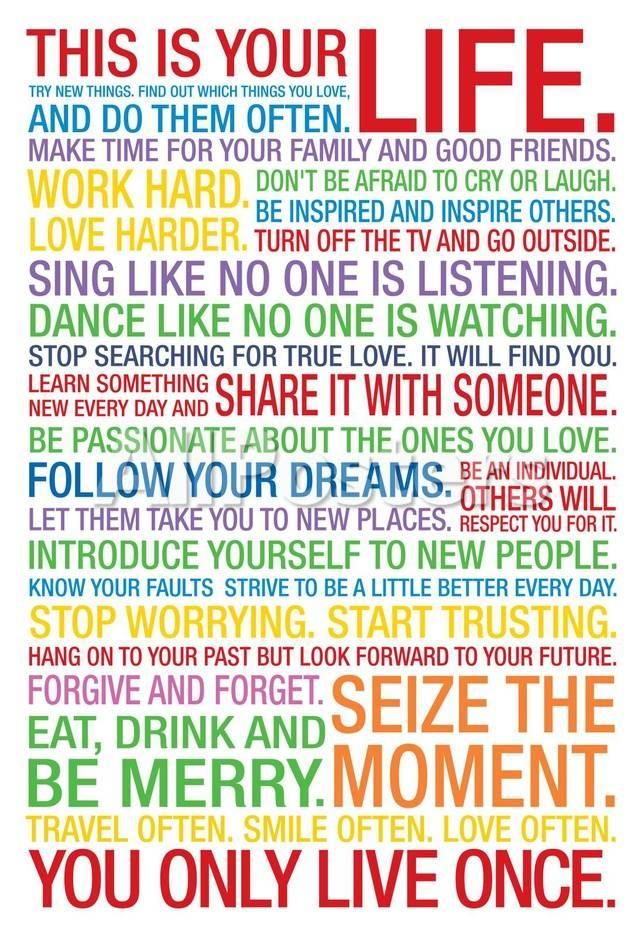 You need to have your basic needs met before you move on to self-improvement. Part of that is to make time for rest and self-care.
You need to have your basic needs met before you move on to self-improvement. Part of that is to make time for rest and self-care.
There are many different types of rest. Are there moments in your schedule where you have the opportunity to do nothing and take a break? Those quiet moments of rest can help you decompress and process what happened in your day.
That’s why making time for rest can do wonders for your well-being. Plus, when you’re well-rested, you’ll have more bandwidth to work on the other ways you can better yourself.
2. Read more books
There are books on virtually everything. So, reading more books can help you explore your current interests, but also develop new ones. You can even learn a new skill with a book.
Some books are written specifically to help you start working on self-improvement and personal growth. You can also read to improve your leadership skills.
But even getting deeply engrossed in a fiction novel can do wonders for you. The bottom line is that whatever passions you may have (or be curious about), carve out some time to read about them.
The bottom line is that whatever passions you may have (or be curious about), carve out some time to read about them.
3. Start a gratitude practice
One way to learn how to be a better person is by being grateful for what you have.
Practicing gratitude for your current situation can help you avoid feeling bitter about what you don’t have.
You don’t have to feel grateful about huge things, either. Try to notice the small things that make you happy and make you feel grateful.
You can fine-tune your gratitude practice over time. With practice, it gets easier to naturally think of what you’re grateful for. This new perception can change your life for the better.
4. Learn a new language
It’s never too late to learn a new language. Learning how to speak another language helps you think differently and see things around you in a new light. It can also open up doors for you.
You’ll get to immerse yourself in another culture as you learn how another language operates differently from English. Plus, you can travel to places where people speak the language you’re learning.
Plus, you can travel to places where people speak the language you’re learning.
Learning a second language can do more than help you out during your travels abroad. It can even help you with your career opportunities.
More and more employers in the US are looking for bilingual talent. Currently, surveys show that US employers are struggling to find enough employees who speak languages other than English.
56% of employers report that their needs for foreign languages in the workplace have increased over the past five years. And 1/3 of employers currently don’t meet those needs with their current workforce.
Some of the languages that are high in demand include Spanish, Chinese, and French.
5. Try meditation
Meditation provides you with a great way to slow down in a fast-paced world. Even just a few minutes a day of meditation can help you better yourself and improve your mental health.
A recent study has shown that meditation can improve anxiety, depression, and pain scores, especially during times of crisis.
You’ll also become more aware of your thought patterns. This mindfulness means you can learn more about yourself over time. It can help you spot bad habits that are making a negative impact on your mood and your life.
Meditation can also help you practice mindful breathing and improve your self-awareness.
6. Write in a journal
Journaling is a great way to complement your meditation and gratitude practices. It also makes a great new hobby.
You can write about the things you’re grateful for in your journal. You can also practice how to become more aware of your own thoughts.
Plus, research shows that journaling can improve your well-being and reduce mental distress. The same research shows that participants had increased their resilience after the first two months of continuous journaling.
When you start writing in your journal, do your best not to censor yourself. Write what comes to mind, and don’t judge what comes out.
7. Nourish yourself with healthy foods
It’s easier to live your best life when you feel energized and well-fueled. What you eat has a huge influence on how you feel.
What you eat has a huge influence on how you feel.
Start watching what you put in your body. Eat a variety of different foods in different colors across all food groups.
Try to eat fresh foods whenever you can. If you don’t have time to cook healthy meals at home, look for other alternatives, like meal kit subscriptions or healthy catering services.
8. Add more movement to your life
While nutrition plays a huge part in how you feel, movement and exercise also have a role to play.
There’s a variety of ways to start moving more. For instance, you can start a new sport and even have a friend join you to spend quality time with them.
If you’re not interested in picking up a sport or joining a gym, you can still find other ways to add movement to your life. For example, you can start taking daily walks.
You can also start an exercise routine from the comfort of your own home. Many free workout routines are available online, which means there’s always something new for you to do if you get bored.
9. Practice kindness toward others
Kindness is one of the best ways to become a better you.
First, it’s free. It doesn’t require much effort to be kind instead of indifferent or unkind.
Second, it can help you feel much better about yourself.
Third, it can improve other people’s lives as well. Showing kindness requires you to become more aware of those around you. By doing so, you’ll notice more of what people need, even when they don’t say it.
For example, you may notice a work colleague is struggling with something you can help with. Or you may see a stranger struggling to open a door with a baby stroller.
Make it a goal to do one random act of kindness every day. If you’ve started journaling, note how it made you feel and how the other person reacted.
10. Spend more time outdoors
If you work in an office (and even if you work remotely), chances are you don’t get to spend a lot of time outside during the day.
Find opportunities in your schedule to spend more time outdoors. If you have access to areas of nature, consider spending time there.
If you have access to areas of nature, consider spending time there.
A recent study shows that even a short 15-minute walk in the forest can decrease negative moods like anxiety, fatigue, anger, and depression. In the study, forest walks were more effective than city walks.
They were also more effective in participants who had higher anxiety levels.
With the right clothing, you can take advantage of the outdoors even when the weather isn’t perfect. Consider saving some money to invest in robust outdoor clothing that can protect you in any weather.
If you take up an outdoor activity, make sure you’re well equipped for it. For example, make sure you have good hiking shoes if you begin hiking.
11. Develop a list of goals
If you want to better yourself over time, it’s important to start setting goals.
When you write down specific goals, you can start tracking your progress over time. This is another thing you can journal about.
For example, you can set a goal to walk every day for 30 minutes by the end of the year. You can work up to your goal incrementally.
You can work up to your goal incrementally.
For instance, if you currently take no walks, you can start with short 10-minute walks three times a week. Every week, you can increase the length of your walks.
And every few weeks, you can add a new walk to your schedule until you reach your daily walking goal.
12. Work to improve your fear of failure
Fear of failure can stop you from taking steps forward to achieve your goals and working on your self-development.
To better yourself, it’s important to find ways to do the difficult things, even when fear is holding you back. That’s why it’s important to work on your fear of failure and ease out of your comfort zone.
To improve this fear, you can start with small things and work your way up to bigger fears. This means you don’t have to start by conquering your fear of public speaking by signing up to give a seminar at work.
Instead, you can work up to that in small increments.
For example, practice public speaking in a private setting to people close to you whom you trust, like your family or spouse.
Over time, you can start practicing in front of more and more people. Every time you speak in front of someone new, you’ll prove to yourself that you can conquer your fear of failure.
Remember that failure will still happen, and that’s okay. Resist the urge to beat yourself up when you fail. Embrace the failure and see it as a necessary stepping stone toward reaching your goals.
13. Limit activities that drain you
Are you noticing that spending too much time scrolling through social media is sapping away at your good mood?
Have you found that spending too much time around negative people chips away at your energy?
Try to notice what fulfills you and what drains you throughout the day. Some activities that drain you may be unavoidable, like updating your budget or grocery shopping.
But there are other factors that you have much more control over.
For example, try deleting social media apps on your phone if you find yourself in a sour mood after too much scrolling.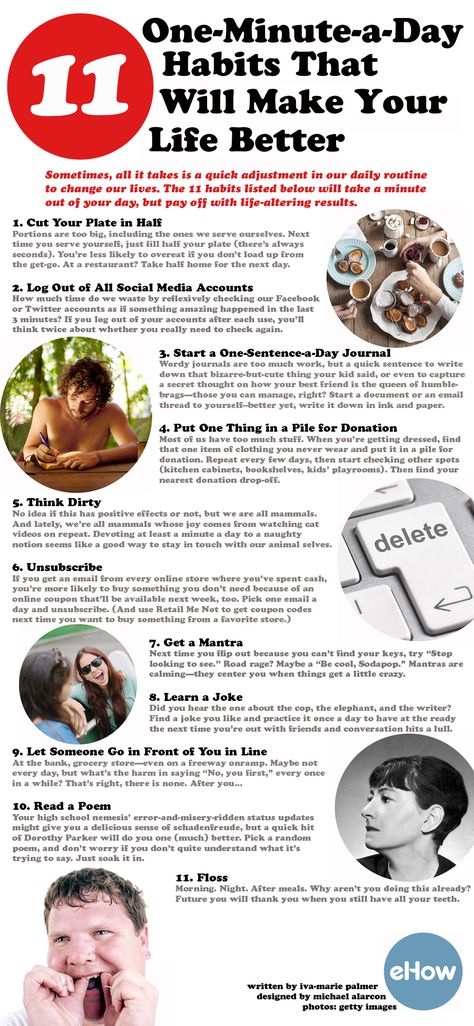 Or try to limit how much time you spend with people who are constantly negative around you.
Or try to limit how much time you spend with people who are constantly negative around you.
14. Practice saying no to assert your boundaries
It can be easy to say yes to everyone and everything, even when you don’t feel comfortable. This can be true at work and in your personal life.
Some family members invite you to their home the day you set aside for you-time? You’re allowed to say no and keep that day to yourself.
Your manager asks you to take a look at something while you’re on vacation? You can also choose to say no.
15. Inner work®
Inner work happens when you explore your inner experiences.
It involves all of the processes, values, and mental models that you use to navigate the world. Some examples include decision-making, spiritual wellness, and self-awareness.
Inner work can be even more effective when you combine it with support from a coach and trusted inner circle who can help you reflect and take action.
Bonus tip: Work with a coach
One of the best ways to grow and improve is to get support.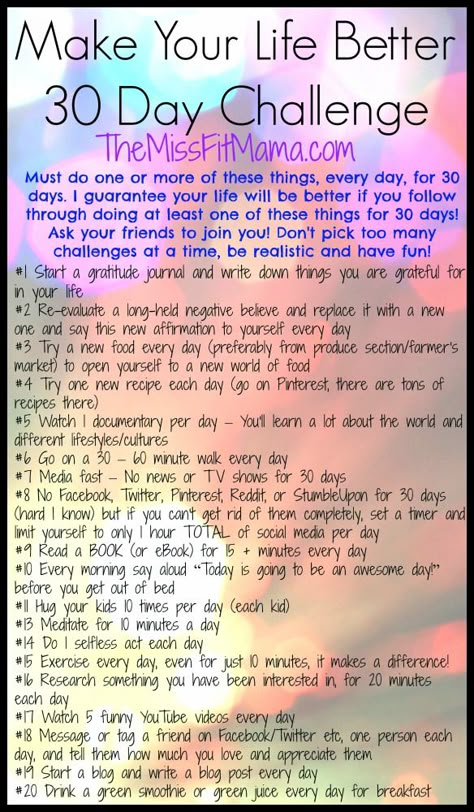 By working with a coach, you get someone who can help you see yourself more clearly and who is there to help you succeed. You deserve to have someone in your corner.
By working with a coach, you get someone who can help you see yourself more clearly and who is there to help you succeed. You deserve to have someone in your corner.
Coaches at BetterUp know how to help you unlock your personal and professional growth. They can also help you develop the practice of inner work so that you never stop growing.
A coach can give you a new perspective on self-improvement that you wouldn’t have on your own.
They can also help you with other specific aspects of improvement that can help you thrive in life, like improving your diet and increasing your resilience.
Learn how to better yourself and improve your quality of life
Self-improvement is unique for every person. It’s a highly personal process.
That’s why working one-on-one with a BetterUp coach can help you set specific goals that work for you. See how BetterUp can help you on your journey to better yourself.
20 Easy Ways to Improve Yourself and Your Life
When there’s work and family and bills and more, it’s easy to think of self-improvement and personal development as something you’ll have time for one day. The same goes for improving your life overall.
The same goes for improving your life overall.
But improving your life—or yourself—doesn’t have to be about making one big gesture. Instead, it typically comes down to the small things you do every day that can add up to larger growth in the long run. These small habits and practices may help you increase your confidence, reduce your stress, build deeper relationships, stabilize your work-life balance, become a healthier person (mentally, emotionally, or physically), and be happier.
SEARCH OPEN JOBS ON THE MUSE! See who’s hiring here, and you can even filter your search by benefits, company size, remote opportunities, and more. Then, sign up for our newsletter and we’ll deliver advice on landing the job right to you.
No one has all the time in the world to think about self-improvement, so let’s start with just 30 minutes. Yup, that’s all—bet you’re listening now.
We’ve come up with a list of activities that can help you become a better “you” in just half an hour (or less) each week.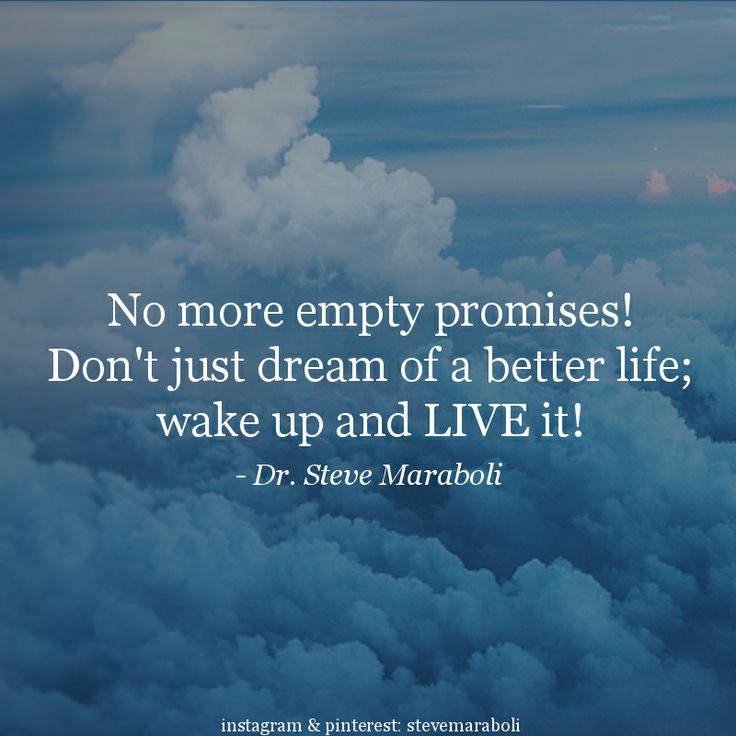 Give one (or two or five or all!) of them a try.
Give one (or two or five or all!) of them a try.
1. Practice mindfulness.
I’m sure you’re sick of hearing that you should “totally try meditation,” especially from your (newly) yoga-devoted mother. But mindfulness is a lot more realistic to achieve than the kind of meditation you hear about because it doesn’t require years of practice or a yoga mat. Mindfulness only takes 30 minutes (or less!) and can be done without leaving your desk.
Wanna give it a shot? Here’s exactly how to do it.
2. Develop a consistent morning routine.
One way to have a productive day—and save yourself time in the morning—is to break down every task you need to do into small steps and then schedule all of them. This means you know exactly what activity you’ll do from the moment you wake up.
Sounds a bit overwhelming, yes, but the reason it works is because you don’t waste any time trying to decide on things—spending 10 minutes picking out an outfit, spending 15 minutes deciding if you want to go on a run—you just do it. And that way, you’ll (almost) always be out of the house exactly on time.
And that way, you’ll (almost) always be out of the house exactly on time.
via GIPHY
3. Do the same with a bedtime routine.
Another way you can get to a happy, healthy morning is a terrific bedtime routine. There’s no perfect formula that’ll work for everyone. The important thing is to make one and stick to it.
For example, every evening I shower, make my lunch for the next day, and spend 10 or so minutes doing something that relaxes me, whether that’s scrolling through social media, reading 15 pages of a book, or talking to my parents on the phone. The consistency helps me fall asleep better and feel prepared to conquer the next day.
Here are five great bedtime routines you should definitely try—and each will only take you five minutes.
4. Redo your bedroom for a better night’s sleep.
Especially when you’re busy or stressed, it can be hard to get your best sleep every night, even with an awesome bedtime routine. Try creating a space where you’ll always feel good going to bed by using one or more of these seven quick DIY projects.
Try creating a space where you’ll always feel good going to bed by using one or more of these seven quick DIY projects.
5. Find an energizing midday activity.
You probably saw it coming, but just as important as setting a schedule for your mornings and evenings is having an activity that’s guaranteed to bring you out of even the worst midday slump.
Try these five habits or these easy ways to recharge (that don’t involve coffee).
via GIPHY
6. Make your lunch (and dinner).
Making your meals every day not only guarantees you have control over your health, but it’s also cheaper and a great way to learn a new skill or experiment with your cooking abilities. Plus, you get to boast to coworkers when they ask where you got the food. For some brag-worthy recipes, check out these 52 lunch ideas, or these quick office snack ideas.
7. Then eat it away from your desk.
Then eat it away from your desk.
Muse writer Kat Boogaard learned many valuable lessons after eating lunch away from her desk. For one thing, taking a break is just good for you. But she also realized the importance of practicing work-life balance all day, rather than just after work was over. By giving yourself that time off during office hours, you’re already one step closer to a healthier, well-balanced life.
8. Watch a TED Talk.
TED Talks are like mini-lectures. They just might teach you more about yourself, inspire you to innovate, or just introduce an interesting new topic. Plus, they’re usually only about 20 minutes—so you can watch one and get a super quick knowledge boost while getting ready for work in the morning, during your lunch break, or when you’re sitting in a waiting room.
9. Listen to a podcast.
Similarly, podcasts are great on-the-go entertainment. And a lot of the time they’re just what you need to unwind. I’m a big fan of tackling one podcast during my commute each day—half of it on the way to work, half on the way back, and the stories always bring out some real emotions. (For reference, my favorites are This American Life and You’re the Expert.) But the types of podcasts out there are very nearly limitless. So whether you want to catch up on the news, learn something new, hear what people are saying about your favorite topic (whether that’s fantasy sports, The Real Housewives, historical events, or video games), experience a fascinating true story, or laugh at something more light-hearted, you can find the perfect podcast for every mood.
I’m a big fan of tackling one podcast during my commute each day—half of it on the way to work, half on the way back, and the stories always bring out some real emotions. (For reference, my favorites are This American Life and You’re the Expert.) But the types of podcasts out there are very nearly limitless. So whether you want to catch up on the news, learn something new, hear what people are saying about your favorite topic (whether that’s fantasy sports, The Real Housewives, historical events, or video games), experience a fascinating true story, or laugh at something more light-hearted, you can find the perfect podcast for every mood.
via GIPHY
10. Freewrite.
Freewriting is basically what the name implies: writing, freely—as in without any directions or constraints. You don’t need to be a writer to freewrite. In fact, dropping all the concerns about how your writing sounds or whether it’s grammatically correct is key. You just set a timer and start writing, maybe with a prompt or question to get you started, and see where the writing takes you. It’s a great way to discover something new about what you want or what you’re feeling. Here are five prompts to help you freewrite your way out of a career slump (plus a few tips).
You just set a timer and start writing, maybe with a prompt or question to get you started, and see where the writing takes you. It’s a great way to discover something new about what you want or what you’re feeling. Here are five prompts to help you freewrite your way out of a career slump (plus a few tips).
11. Do a bunch of little productive tasks.
I challenge you to set aside 30 minutes and do all those tiny tasks you’ve been meaning to do, but keep putting off, all at once. First, this prevents you from multitasking later on when emails are rushing in while you’re trying to do your work. Second, it forces you to tackle those things that make you cringe—things that, once they’re done, will make your life a heck of a lot easier.
Not sure what chores I mean? I’ll help you out—here’s a to-do list of 21 useful things you can do in five minutes. If those don’t do it for you, here are nine other productive things you can complete in 15 minutes.
12. Get to know yourself.
What better way to improve your life than by learning all about your strengths and weaknesses and homing in on your best self? To get started, here are 14 free personality test you can take in the next half hour.
via GIPHY
13. Treat yourself.
How long has it been since you treated yourself to a relaxing massage or a manicure? Well, maybe this is your week to do it. Was there a game you’ve been meaning to download and play? Or a cool new lunch spot you’ve wanted to try? You deserve it, so go get it.
14. Revisit your goals.
You probably made some New Year’s resolutions or set monthly goals for yourself (whether on paper or in the back of your mind). Have you followed through on any of them? Are there ones you can get rid of, or alter? Do you feel confident in achieving all of them? Take some time to reflect positively on how far you’ve come, and think about where you want to be—and maybe write down the steps you need to take to get there.
15. Start a feedback file (or return to one).
Everyone has periods when they’re feeling discouraged. For these moments, you can create a feedback file. Go back and screenshot, jot down, or otherwise note positive feedback you’ve received—whether it’s about your work, a hobby, or anything else. Put it all in one place and continue to add to it over time. Then, whenever you’re feeling down on yourself, you can return to all the great things people have said about you and remind yourself of your strengths. You might also return to the work feedback when it’s time to prepare for a review, write a cover letter, or do something else that involves talking yourself up.
16. Note your achievements
Taking the time to reflect on what you’ve done well each week can help you focus on the positive. And like the feedback file, returning to your past achievements week after week can be a confidence booster—and help you out when it comes time to brag about yourself.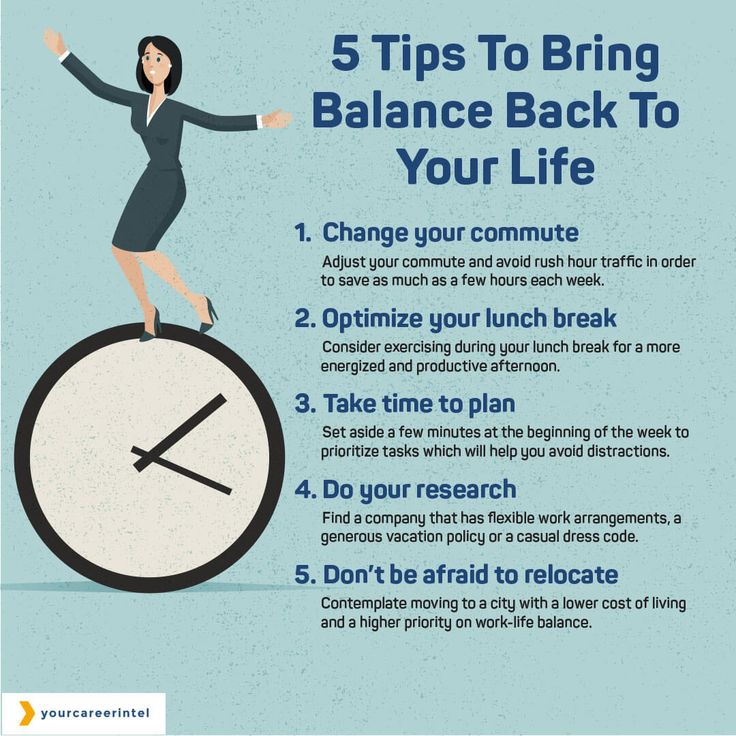 We’ve even created a handy worksheet to help you track your achievements over time.
We’ve even created a handy worksheet to help you track your achievements over time.
via GIPHY
17. Connect with an old friend or new coworker.
If it’s been a while since you’ve seen or talked to someone you used to chat with regularly, reach out and let them know you’re thinking about them. Maybe even try it the old-fashioned way—sending a physical letter! Snail mail can make anyone’s day. (Isn’t it the best when you find an envelope addressed to you and it’s not a bill or junk mail?)
Or if you haven’t had a chance to meet a colleague in another department or a new coworker who just joined last week, consider setting up a lunch or coffee. You’ll make a work friend and, even better, you’ll build up your network.
18. Clean your closet.
By “closet” I also mean your desk, your office, your bedroom, or even your kitchen cabinets. Cleaning is stress-relieving, and actually a form of mindful meditation, according to some studies. You can even try “tidying up” your work life, Marie Kondo–style, to help spark more joy.
Cleaning is stress-relieving, and actually a form of mindful meditation, according to some studies. You can even try “tidying up” your work life, Marie Kondo–style, to help spark more joy.
19. Do some screen-free activities.
It’s not exactly groundbreaking to say that we spend a lot of our lives staring at screens. But taking some time to intentionally engage in activities that aren’t on a computer, TV, phone, or other device can help our eyes, our sleep, and our overall mental well-being. Try taking up a hobby like reading (books or magazines with actual paper pages), painting, crocheting, or playing an instrument to give yourself a break.
via GIPHY
20. Get outside.
Notice how I didn’t say “go to the gym” or “go for a run.” Because, yes, exercise is great. But for most people, including myself, it’s a lot easier said than done.
So I have another option for you—go outside.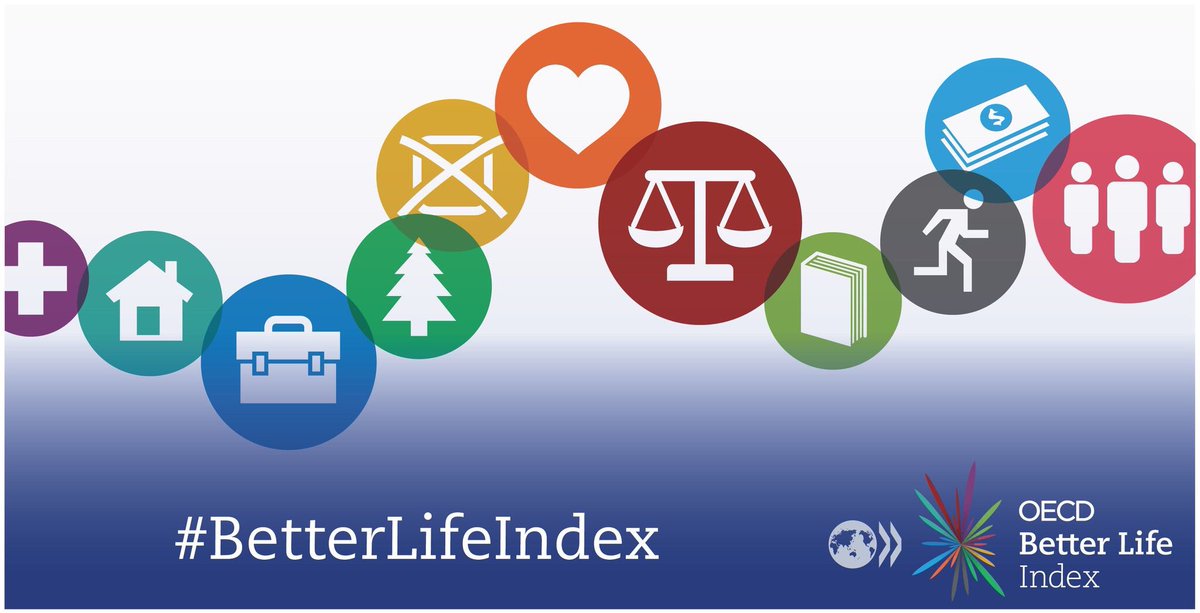 Walk around, sit in the park and read, or go for a leisurely bike ride. Just being outdoors is good for you in so many ways. It improves creativity, helps us age better, makes us happier, and, it might actually make you want to work out more (science says so!).
Walk around, sit in the park and read, or go for a leisurely bike ride. Just being outdoors is good for you in so many ways. It improves creativity, helps us age better, makes us happier, and, it might actually make you want to work out more (science says so!).
Don’t you feel better already? Try out these simple activities and see if you can start to develop a few new habits—ultimately you’ll see benefits far beyond just the 30 minutes a week you spend on them.
Regina Borsellino also contributed writing, reporting, and/or advice to this article.
Updated 3/18/2022
Previously an editor for The Muse, Alyse is proud to prove that yes, English majors can change the world. She’s written almost 500 articles for The Muse on anything from productivity tips to cover letters to bad bosses to cool career changers, many of which have been featured in Fast Company, Forbes, Inc., CNBC's Make It, USA Today College, Lifehacker, Mashable, and more. She calls many places home, including Illinois where she grew up and the small town of Hamilton where she attended Colgate University, but she was born to be a New Yorker. In addition to being an avid writer and reader, Alyse loves to dance, both professionally and while waiting for the subway.
She calls many places home, including Illinois where she grew up and the small town of Hamilton where she attended Colgate University, but she was born to be a New Yorker. In addition to being an avid writer and reader, Alyse loves to dance, both professionally and while waiting for the subway.
50 simple ways to make life better
Read on: 17 ways to try something new and improve your life
Waking up 30 minutes earlier than others
Lying in bed for an extra half hour is always nice. However, if you get up earlier than your family members, you will have time to spend on yourself.
Diane Fletcher, lifestyle coach and stress reduction expert, advises: “Use this time to sit quietly and imagine how you would like to spend the day, think about the most important things and relax with a cup of coffee or tea. The time you spend focusing in the morning will help you save hours during the day. You won't waste it on a routine because you've already prioritized and determined what results you want. "
"
Taking a minute break in nature
Even a few minutes in the open air improves our mood. According to research, if we spend only 20 minutes a day in nature, our vitality increases. Kandra Canning, founder of Live Bright Now, says even a minute-long break is helpful.
“Try slowing down when you leave the house in the morning, or look at the sky during your lunch break,” she advises. “The biochemical processes of the brain and body have been proven to benefit from this. This will help you relax and gain confidence in yourself.”
Plan the next day from the evening
Gail Carson, lifestyle coach and speaker from Albany, New York, advises to always plan ahead for the day: “So when you walk into the office and they ask you if you have a minute, you can give an answer". It doesn’t hurt to make a to-do list as well – this life hack helps to improve the quality of sleep.
Meet friends at least once a week
And the more often, the better.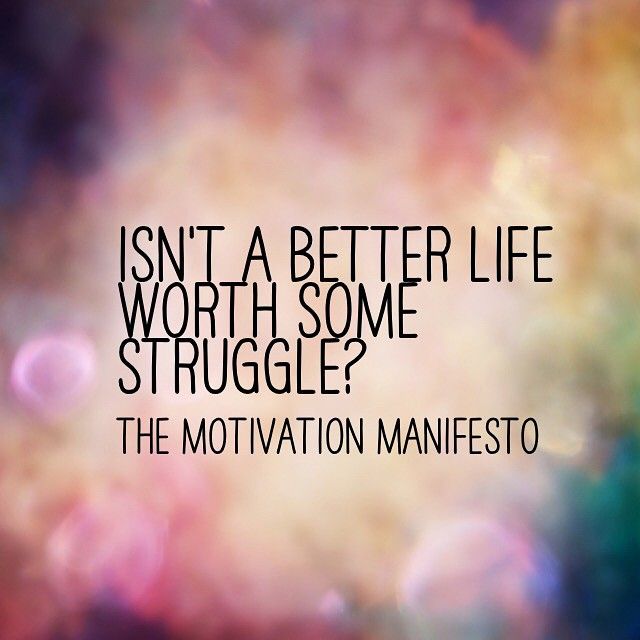 In 2017, Harvard researchers proved that relationships help us be happier throughout our lives. This means that it is wise to invest time in friendship.
In 2017, Harvard researchers proved that relationships help us be happier throughout our lives. This means that it is wise to invest time in friendship.
Raffi Bilek, psychotherapist and head of the Baltimore Therapy Center, says: “Isolation leads to dissatisfaction. You don't have to spend all your time at parties. Even one or two close friends will help you feel connected and full of life.”
Keep in touch with people you haven't seen for a long time
There is no doubt that communication with family and friends is important. However, scientists have proven that "weak ties", that is, those whom we consider to be just acquaintances, are most useful for developing new contacts, improving career prospects and meeting new people.
Every week try to meet someone you haven't seen in a while. You will feel that your network of personal and professional acquaintances is growing.
Read on: Eight habits that make us unhappy
Spending time with family
Arman Sadeghi, business coach and founder of Titanium Success, says: “Family is a matter of priority. For most of us, this is the most important thing. However, often we do not plan enough time for communication with loved ones, and there is always not enough of it. Schedule family time, such as a date with your spouse or a night out with the kids.”
For most of us, this is the most important thing. However, often we do not plan enough time for communication with loved ones, and there is always not enough of it. Schedule family time, such as a date with your spouse or a night out with the kids.”
Schedule group calls in a row
Instead of spreading conference calls throughout the day, schedule them one by one. “One phone call takes as long as five. They turn into a stream,” says Carson. In addition, such a schedule will help you keep within the planned time.
Do creative work in the morning
Although it is not easy to get out of bed and start working right away, the morning is best for creativity.
Debra Atkinson, Productivity, Fitness & Wellness Coach at Flipping Fifty, says: "In the morning, cortisol acts like an energy hormone, and focus and focus are better than at any other time of the day." Use biology to your advantage and leave more mundane tasks for later.
Speak With Your Diaphragm
We may not realize it, but this little detail can really help you improve your life.
David Bennett, Certified Relationship Counselor and Expert at The Popular Man, explains: “When you speak with your diaphragm, you automatically sound more authoritative, and your voice becomes deeper and smoother. Most people would be surprised how positively this small change will affect their careers and success in society.”
Create your ideal schedule
If you're constantly in a rush to get everything done in one day, don't despair. Plan your perfect day.
Eric Bales of Bales Dynamic Coaching advises that this schedule should include all the parameters necessary for a successful day. Once you do this, the clutter will start to disappear.
Make the most of your vacation
Maura Thomas, speaker and author of Secrets of Personal Productivity, says, “Taking a break from work really helps you become more productive. A vacation charges you with enthusiasm and creative energy. If you don't use your vacation time or never take a break from work in your spare time, your productivity will drop and you'll be less happy.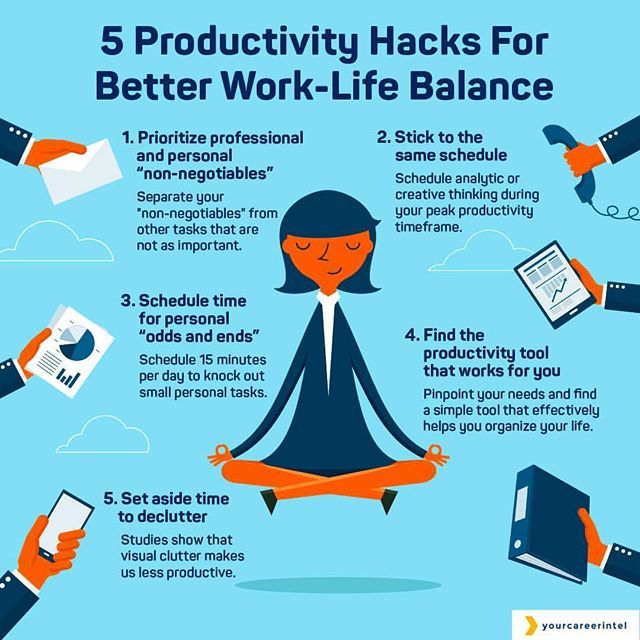 So the next time you feel stressed at work, ask yourself how long it's been since you took a break from work. I bet you will see the connection."
So the next time you feel stressed at work, ask yourself how long it's been since you took a break from work. I bet you will see the connection."
Go to museums whenever possible
Actually, this has many advantages. Because it's a new activity, it can boost your brain's ability to absorb new information. According to studies, visiting museums helps us recover, improves well-being and reduces stress levels.
Change environment
If you always work at the same desk, try moving to a new one. Tired of the usual place to relax? Find something new. Everything is simple. Saudia Twine, marriage and family therapist at FreshStart Counseling Group, notes, “Our environment can cause us to have depressive thoughts and feelings, leading us to believe that life will never get better.”
Eliminate distractions
Consider how much time you spend responding to calls, messages, or social media posts. If you feel like your day has flown by and you haven't made any progress on your plans, you may have been distracted too much.
If you constantly pay attention to extraneous things, in time you will get used to it and you will be bored in quiet times. Take a break from your phones, colleagues, or family members every day to focus on your most important tasks.
Smile more
Darlene Corbett, speaker, licensed therapist and coach, explains: “In this way, a positive and open approach is projected. Smiling often brings us success both personally and professionally. I suggest that my clients practice this daily until it becomes a habit. And they report that they actually feel better when they smile more.”
Write a list of what you have ever dreamed of and have already achieved
Feel like you want more out of life? For most people, this is normal. But it is much more beneficial to switch your thinking and think about what you already have.
Jenny Vila, career and personal development coach, advises: “Write a list of all the things you have now and that you once dreamed of. For example, find a boyfriend or girlfriend, get married, graduate from college, get a job, buy a house, have kids, or visit a certain city.” Over time, you will feel satisfied as you reflect on how far you have come.
For example, find a boyfriend or girlfriend, get married, graduate from college, get a job, buy a house, have kids, or visit a certain city.” Over time, you will feel satisfied as you reflect on how far you have come.
Break large projects into small subtasks
We often have to put in extra effort on a difficult or monotonous task and feel frustrated as a result.
Try to break them down into simpler subtasks. If you're working on a report or trying to digest what you've read, take 5-minute breaks every 15 minutes.
Volunteering
This is not only a way to get attention on your resume. Scientists believe that volunteering can change our mentality and even reduce anxiety and depression.
Imagine yourself the way you want to look from the outside
The more we believe in our ideal image, the more likely it is that others will perceive us the same way.
According to attachment theory, each of us develops a mental schema that influences how we and others perceive us, and how we perceive, evaluate, and respond to others.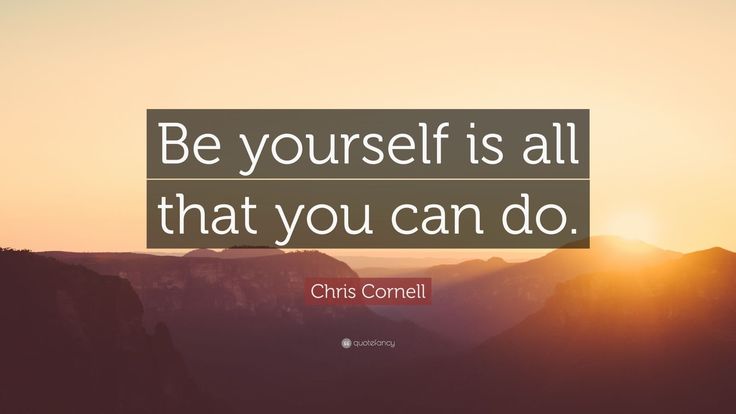 Evaluate yourself more positively, and you will notice that others have begun to do the same.
Evaluate yourself more positively, and you will notice that others have begun to do the same.
Do something in the morning before picking up the phone
Whether it's checking email, social media, or reading the news. Entrepreneur Dave Cantin says that once you pick up your phone, you're in a frenzy.
Photo: Unsplash
If your morning starts like this, you will be looking for time all day to concentrate. A calming morning ritual will help stop that snowball effect, calm you down, and set you up for a productive day.
Not doing many things at the same time
We are overwhelmed with daily activities, and sometimes we find it easier to do them all at the same time.
Lisa Sansom, positive psychology trainer and consultant at LVS Consulting, advises: “Wherever you are, stay where you are. Don't talk on the phone during the meeting. If you're checking email, then focus on that. If you are at a social event, be at a social event. Your brain is wired to pay conscious attention to one thing at a time—so do it.”
Your brain is wired to pay conscious attention to one thing at a time—so do it.”
Create a folder for important papers
A cluttered desk can seriously damage productivity and interfere with concentration. Most of the clutter is records that you will need in the future, so you can't just throw them away. Keep a folder for important papers to help clear your desk. The same approach works for email as well.
Starting with the Hardest
Psychotherapist Erin Tierno notes that the fear of imperfection paralyzes us, and the thought that we don't live up to our personal standards can undermine our productivity.
Imagine the worst outcome and what the consequences would be. This thought experiment allows you to feel freer and not be afraid of judgment.
Find the good in every problem
Start with the problem you are currently working on and try to find the good in it.
Positive emotions expand our readiness for opportunities and help us develop new skills that may be useful in the future.
Appreciate the present
We often look forward to the future. But constant pursuit leads to disappointment.
Try to be content with the person you are and the life you have now. Many people spend their lives in the eternal pursuit of happiness - to earn even more money, get married, have children, get divorced, retire, and so on. However, if you live in the future and do not enjoy the present, you can never feel happy.
Learn to actively listen
This is one of the keys to meaningful, fulfilling relationships. Learn to listen well if you want loved ones to trust you and feel comfortable sharing with you. According to Diane Schilling of Forbes, the principles are simple: listen carefully, take in what the other person is saying, and never interrupt. Then paraphrase what you learned and repeat it to the other person.
Don't be afraid of difficulties
Research shows that a certain amount of stress helps us to be more productive, happier and more efficient.
According to the theory of psychological stability, stressful factors can make us more resilient both physically and spiritually. They also reduce future exposure to stress.
Schedule pleasant things
David Bennett notes that most people use the whole space in the calendar for unpleasant things - daily commuting or attending boring meetings. He also advises not to forget about the good things: time with friends, dates, and time for yourself.
Learn new technologies
Technological progress has more advantages than disadvantages.
Gadgets make life easier for busy people. For example, you can automate routine tasks, synchronize notes, and categorize ideas for important projects.
Letting go of what doesn't work
It could be a toxic relationship or a failed project.
Learn to avoid things that bring extra stress instead of results. Spend the time you save with friends and family, take up hobbies, and take care of yourself.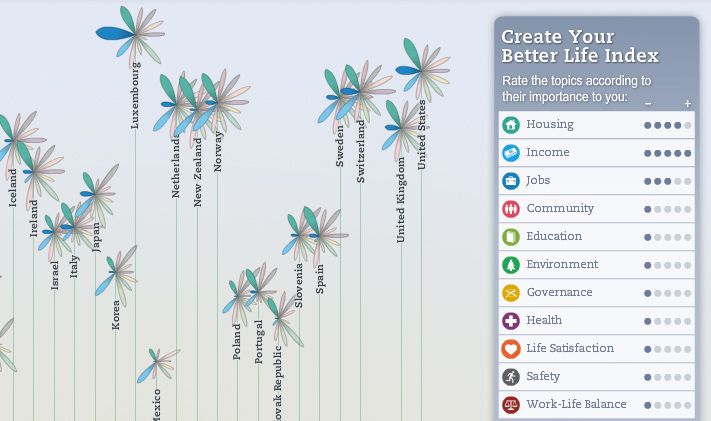
Pay attention to mindfulness
The habit of prioritizing improves the quality of life over time.
Darlene Corbett notes that even simple ways to pay attention to another person can significantly improve both their mood and yours. It is enough to say “thank you” or “welcome”, hold the door or stop the car to give way to a pedestrian or another car.
Read at least one book per month
Reading gives us great benefits, especially when it comes to fiction. A study published in PLOS One shows that reading can make us more empathetic, and another published the same year in the Creativity Research Journal shows that reading brings out our creative qualities. All this contributes to the improvement of the standard of living.
Disable Wi-Fi
This will help you avoid distractions from incoming emails, meeting invitations, and calendar alerts. Your productivity will increase significantly if you turn off Wi-Fi temporarily and put your phone on airplane mode.
Keep a gratitude journal
Take time each day to write down a few things you are grateful for. It can be anything from what you ate for dinner to how you feel. In 2018, researchers from Greater Good Science at the University of California, Berkeley found that students who kept a gratitude journal were more successful at reaching their goals than those who didn't.
Listen to cheerful music
Music will help you get through difficult times. According to a study published in the Journal of Positive Psychology, it's easier for us to tune in to a positive mood when we listen to upbeat music.
Spend less than you earn
Control your spending to be less worried about money.
Wealth expert Leanne Jacobs advises regularly checking for auto-payments that could steal your money.
Be yourself
Coach and business consultant Mike Sherek notes that nothing improves the quality of life like self-expression. Start by identifying the moments when you are pretending.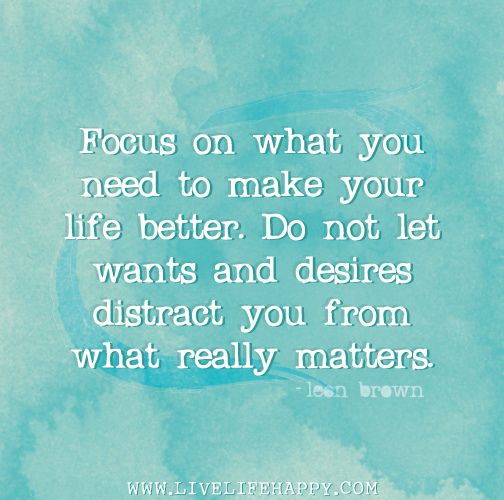 When we don't try to be someone else, we feel more comfortable and happier.
When we don't try to be someone else, we feel more comfortable and happier.
Learn to say no
We often have to overwork, attend too many events, or interact with too many people.
Sometimes it's better to give up something to recharge your batteries and relax. Adhere to the following rule: if the offer does not delight you, refuse it.
Write down ideas
If you often get ideas, don't forget to write them down.
Social worker and lifestyle coach Stephanie Crane says she keeps a diary, each page of which is dedicated to a different project. After completing all the tasks, she rips out the page and feels satisfied.
Stop working on weekends
Work is highly valued, and it is often difficult for us to tear ourselves away from it. Dedicate your weekends to distract yourself and live life to the fullest.
Socializing with friends, family and hobbies reduces stress and energizes.
Find time to meditate
Research shows that if you meditate for 15 minutes a day every day, you will be able to make better decisions.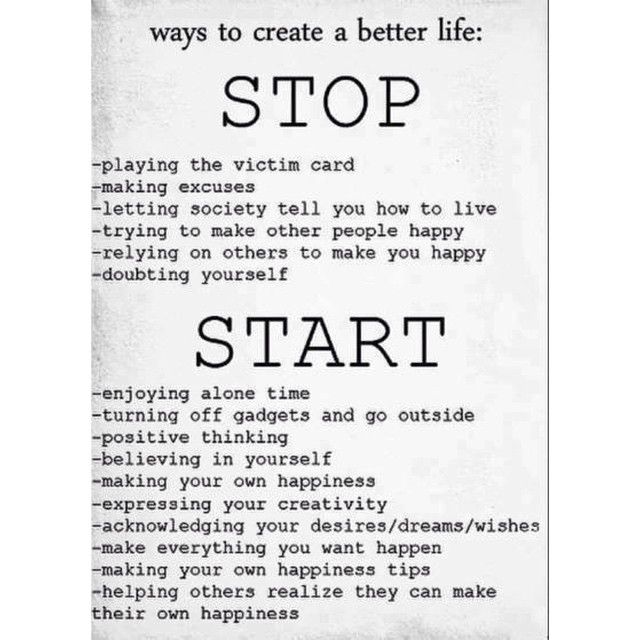 This practice also improves concentration.
This practice also improves concentration.
Walking without a phone
As a rule, even at work there are practically no cases that cannot wait 10 minutes. Take this time to walk and do not take your phone with you.
Try to pay attention to what you have not noticed before. Scientists call this exercise the “review effect” — it allows you to get new ideas and see opportunities. This helps with decision making.
Monitor your performance
Measuring your success is much easier when you define your key metrics. Make yourself a list of KPIs to see how your business is changing every day, week or month. This will help you keep track of the situation, even if you are not communicating with employees.
Get rid of clothes you haven't worn in a year
Many of us have closets full of clothes. But often we don't even wear half of what we have.
Fundraising consultant Katherine Wertheim advises not to keep anything you don't wear in your closet: “It's depressing. Hang these things in another closet, store them under your bed, or somewhere else.”
Hang these things in another closet, store them under your bed, or somewhere else.”
Just imagine how every morning you open your closet and choose an outfit from the things that you like.
Remove social media apps
Do you want to live in the present? Delete the social media apps you use the most. So you will open them only when you really want to, and not out of boredom. This will make it easier for you to relax and spend time with others.
Buy new clothes whenever you feel like it
You deserve to be pampered. Scientists have proven that shopping not only improves mood, but also increases self-confidence.
Set financial goals
We often start to worry about our money at the end of the year when the holidays come around. Instead, start controlling money at the beginning of the year.
Wealth expert Leanne Jacobs advises setting the amount you want to earn on January 1st. This way of thinking will change the way you think about finances.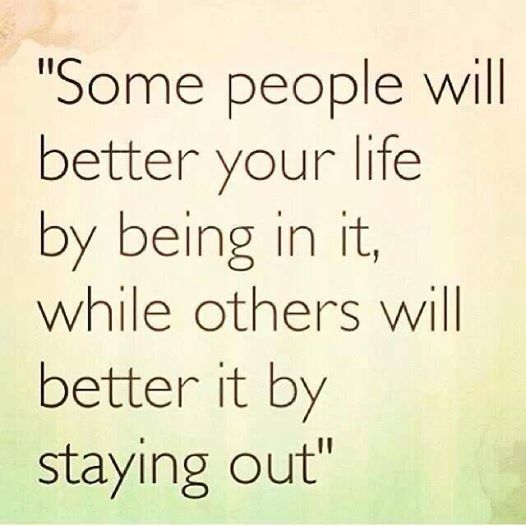
"Unload" the brain
When it's time to do something important, we often cannot focus and get distracted. “Automatic writing” will help to cope with this. To do this, take paper, a pen and start writing whatever comes to mind.
This method helps to "clear" the brain and unlock your potential. Do not try to limit yourself or somehow organize your text. After a while, your mind will be able to concentrate on the important things.
Set boundaries
Unfortunately, no one can read minds. The only sure way to get people to treat you the way you want is to tell them so.
Business coach Heather Vickery advises you to determine what is acceptable behavior for you and then discuss it with others. As a result, you will be able to feel free and not be afraid to offend someone.
Concentrate on one goal each week
We often overestimate our abilities and overload ourselves.
Wellness expert Kevin Strauss notes that this endless cycle overwhelms us and exhausts us. “More than likely, you do so much to feel appreciated. However, the less we take on, the less stress we experience and the better we perform those tasks that are really important.
“More than likely, you do so much to feel appreciated. However, the less we take on, the less stress we experience and the better we perform those tasks that are really important.
Source.
Cover photo: Unsplash
60 small steps to a better life in 100 days
You can pick up these tips in book form from this link.
How to change your life? Another guide to action to improve your life and put in order not only your thoughts, but also your things. As we know, everything is interconnected: if you lower your head and slouch, you will immediately feel insecure. But as soon as you raise your head, straighten your shoulders and smile, even in a bad mood, everything changes around you and you are already the kings of the ball.
"100 Days of Summer" will no longer work, so let's add a little piece of the velvet season there for good measure ;)
In order to change your life (and in any direction), you need very little - just start acting. But this "simple" is not always so simple. Sometimes we know what to do, but these actions seem scary to us. And sometimes we do not have a clear plan, nor an understanding of how to draw up this plan. Perhaps these 60 small steps will help you finally start doing something. And even if after 20 steps you realize that this is not your plan, you will already be ready to make your own plan. Eyes are afraid, but hands do?
But this "simple" is not always so simple. Sometimes we know what to do, but these actions seem scary to us. And sometimes we do not have a clear plan, nor an understanding of how to draw up this plan. Perhaps these 60 small steps will help you finally start doing something. And even if after 20 steps you realize that this is not your plan, you will already be ready to make your own plan. Eyes are afraid, but hands do?
House
1. Create your own “Calendar for cleaning the House of unnecessary things”, distributing the cleaning of various household areas by day.
Day 1: Parse magazines.
Day 2: Parsing the DVD.
Day 3. Parsing books.
2. Live according to the mantra: "There is a place for everything and put everything in its place." Try all 10 days to follow the following 4 rules:
1. If you took something, put it back in its place.
2. If you open something, close it.
3. If you drop something, pick it up.
4. If you have removed something, hang it back.
3. Walk around the house and find 100 things that need fixing or tweaking. For example, change a light bulb, seal a hole in the wallpaper, screw in a new outlet, etc.
Happiness
4. Finally follow the advice given by psychologists of all countries and absolutely different views - write on a piece of paper from 5 to 10 things for which you are grateful in your life every day.
5. Make a list of 20 small things you enjoy doing and make sure you do at least one of them a day for the next 100 days. For example, eat your lunch on a bench in the park, walk in the park with a dog in the evening, 1 hour of watercolor painting, etc.
6. Keep a diary of your mental chatter—that is, record your thoughts and feelings as you go through the day. For example, how many times a day have you blamed yourself for something, how critical you are to others, how many times a day you have positive thoughts, etc.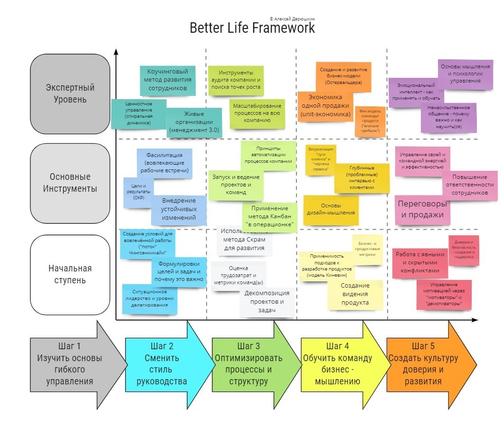
7. Try to have a good laugh at least once a day for the next 100 days.
Study or self-development
8. Choose a difficult book that you still have not dared to read, but wanted to. Read it in 100 days from cover to cover.
9. Learn something new every day. For example, the name of a flower, the capital of a distant country, the name of a dog breed you like, etc. And in the evening you can scroll in your head all the new things that you learned over the past day, get a dictionary and learn a new word.
10. Stop complaining for the next 100 days. Negative thoughts lead to negative results. Every time you feel like complaining, try to stop yourself.
11. Set your alarm one minute earlier each day for 100 days. Try to get up as soon as the alarm goes off, open the windows, do light exercises. After 100 days, you will wake up 1.5 hours earlier without much effort.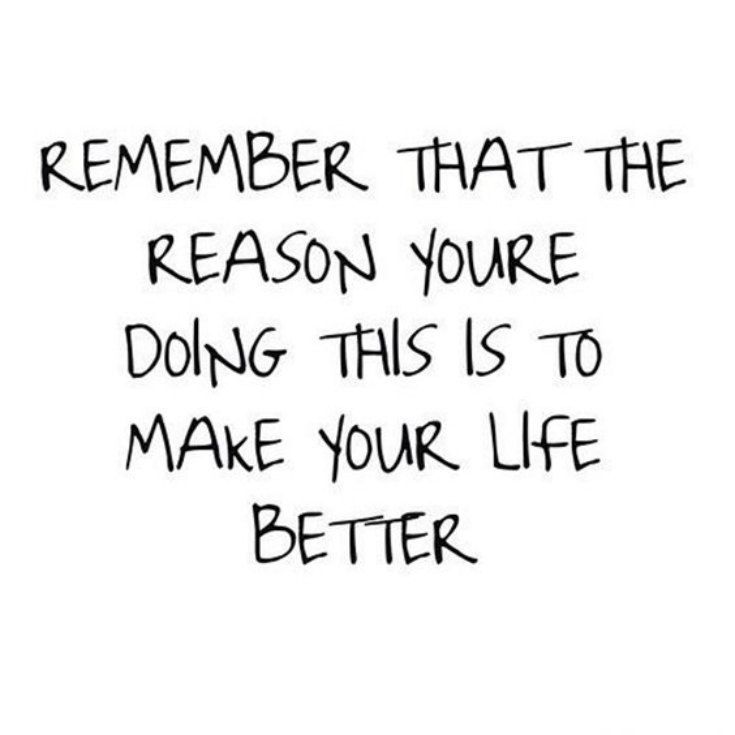
12. For the next 100 days, write the Morning Pages, a simple stream of consciousness in the morning that you will write in a special notebook. This should be the first thing you do after waking up.
13. For the next 100 days, try to focus your attention on the thoughts, words and images of who you want to become and what you want to achieve.
Finance
14. Make a budget. Write down every penny you spend in 100 days.
15. Search the Internet for good financial advice and pick 10 of them. Try to follow them for the next 100 days. For example, going to the store with limited cash and no credit card, doing several things in one trip to save on gas, etc.
16. Pay in shops only with paper money and put the rest of the change after purchases in the piggy bank. After 100 days, calculate how much you can save.
17. For 100 days, do not buy anything that you do not really need (meaning fairly large purchases).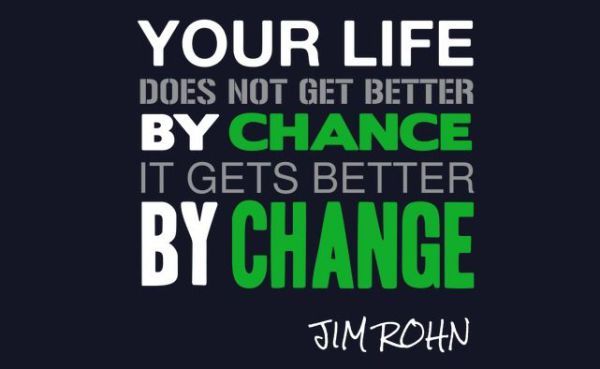 Use this money to pay off a loan (if you have one) or put it in a savings account for six months.
Use this money to pay off a loan (if you have one) or put it in a savings account for six months.
18. For 100 days, devote at least 1 hour a day to finding or creating a source of additional income.
Time management
19. Carry a notebook with you everywhere for the next 100 days. Write down all the ideas and thoughts that come to your mind, make your to-do list, write down new meetings literally on the go right after the calls.
20. Track how you use your time for 5 days. Use the information you've gathered to create your "time budget": the percentage of your total time spent on activities that you do each day. For example, house cleaning, commuting time, vacation time, etc. Make sure you stay within your budget for the next 95 days.
21. Set yourself a low-priority activity that you don't have to do for 100 days, and replace it with a really important one.
22.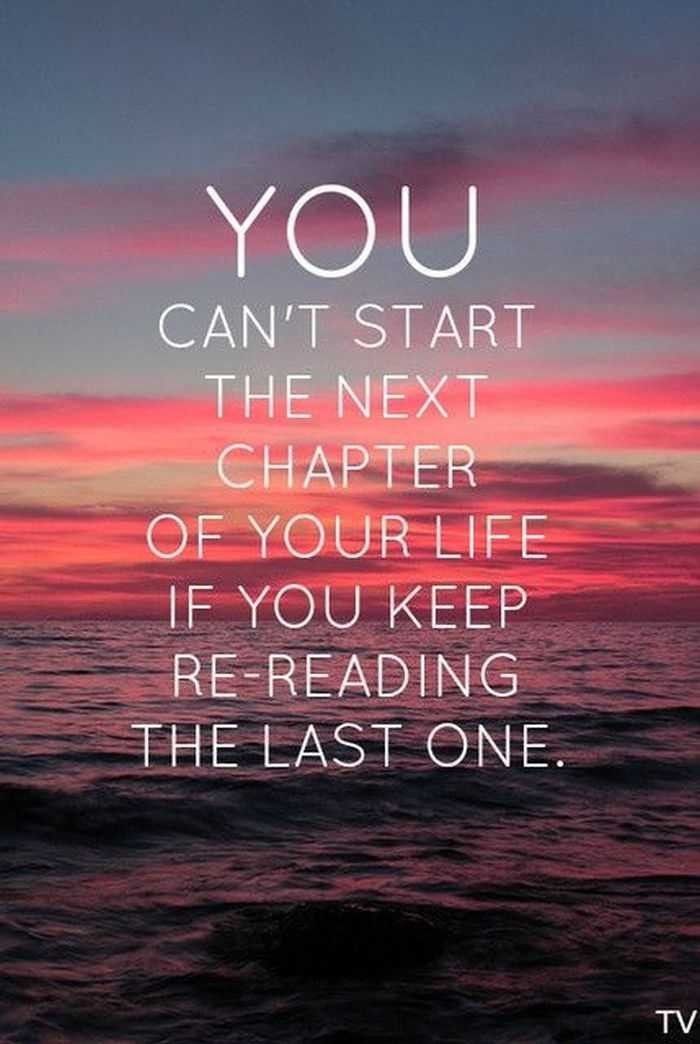 Identify 5 ways your time is "leaking" and limit it to the next 100 days. For example, do not watch TV for more than 1.5 hours, do not spend more than 1.5 hours a day on social networks, etc.
Identify 5 ways your time is "leaking" and limit it to the next 100 days. For example, do not watch TV for more than 1.5 hours, do not spend more than 1.5 hours a day on social networks, etc.
23. For the next 100 days, stop multitasking and do only one important thing a day.
24. For the next 100 days, plan your day from the evening.
25. For the next 100 days, do the most important things on your to-do list first, and then everything else.
26. Review each week for the next 14 weeks. During the weekly survey, answer the following questions:
What have you achieved?
What went wrong?
What did you do right?
27. For the next 100 days, at the end of each day, tidy up your desk, sort out your papers and stationery. So that every morning you will have an order on your desktop.
28. Make a list of all the promises and commitments you have made for the next 100 days, then take out a red pen and cross off anything that will not bring you joy or bring you closer to your goals.
29. Over the next 100 days, before switching from one activity to another during the day, ask yourself, is this the best use of your time and resources?
Health
30. Losing about a pound of weight requires burning 3500 calories. If you reduce your calorie intake every day by 175, then after 100 days you will lose about 2.5 kg.
31. Eat vegetables 5 times a day for the next 100 days.
32. For the next 100 days, eat fruit 3 times a day.
33. Choose one of the foods that consistently disrupts your attempts to eat healthy—whether it's cheesecake from your local bakery, pizza, or your favorite potato chips—and stop eating it for the next 100 days.
34. For the next 100 days, eat from smaller plates to control how much you eat.
35. For the next 100 days, use 100% juice instead of high sugar substitutes.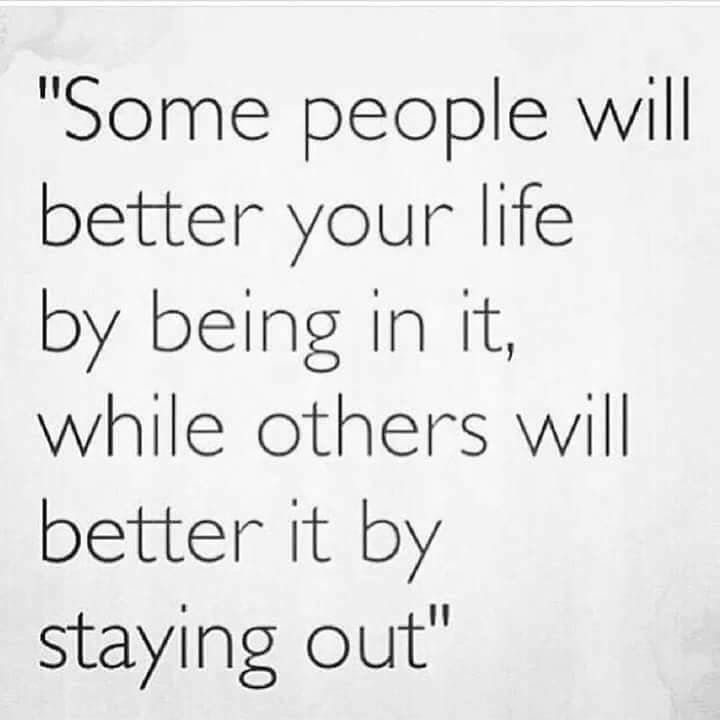
36. Drink only water instead of soda for the next 100 days.
37. Make a list of 10 easy and healthy breakfasts.
38. Make a list of 20 easy and healthy meals you can have for lunch and dinner.
39. Make a list of 10 easy and healthy snacks.
40. Use your healthy meal lists to plan your meals for the week ahead. Eat like this for the next 14 weeks.
41. For the next 100 days, keep a food journal to see if you deviate from your menu.
42. For the next 100 days, do at least 20 minutes of exercise every day.
43. Always carry a pedometer with you for the next 100 days and try to walk 10,000 steps a day.
44. Set up your scale and hang a graph from your bathroom. At the end of each of the 14 weeks, weigh yourself and record your weight loss (gain), changes in waist circumference, etc.
45. For the next 100 days, set your watch or computer to remind you every hour to drink water.
46. For the next 100 days, meditate, breathe, visualize - make it your daily ritual to calm your mind.
Relationships
47. For the next 100 days, find something positive in your partner every day and write it down.
48. For the next 100 days, keep an album of your joint activities, engage in scrapbooking. At the end of your experiment, give your partner the resulting scrapbook and a list of all the positive things you have observed during those 100 days.
49. Identify 3 things you will do each day for the next 100 days to strengthen your relationship. It can be the words "I love you" or hugs every morning.
Social life
50. Connect with someone new every day for the next 100 days. It can be your neighbor with whom you have never communicated before, your comment on a blog where you have never written anything before, a new acquaintance on social networks, etc.
51. For the next 100 days, focus on connecting with people you admire and respect.
52. During the next 100 days, if someone offends or upsets you, think for a minute before answering.
53. For the next 100 days, don't even think about making a final verdict before both sides have been heard.
54. For the next 100 days, try to do at least one good deed a day, no matter how small.
55. For the next 100 days, praise everyone who deserves it.
56. Practice active listening for the next 100 days. When the interlocutor speaks, listen to him, and do not rehearse your answer in your head, ask again to make sure you heard everything correctly, etc.
57. Practice empathy for the next 100 days. Before judging someone, try looking at the case from their point of view. Be curious, find out more about the other person (his interests, beliefs, etc.



